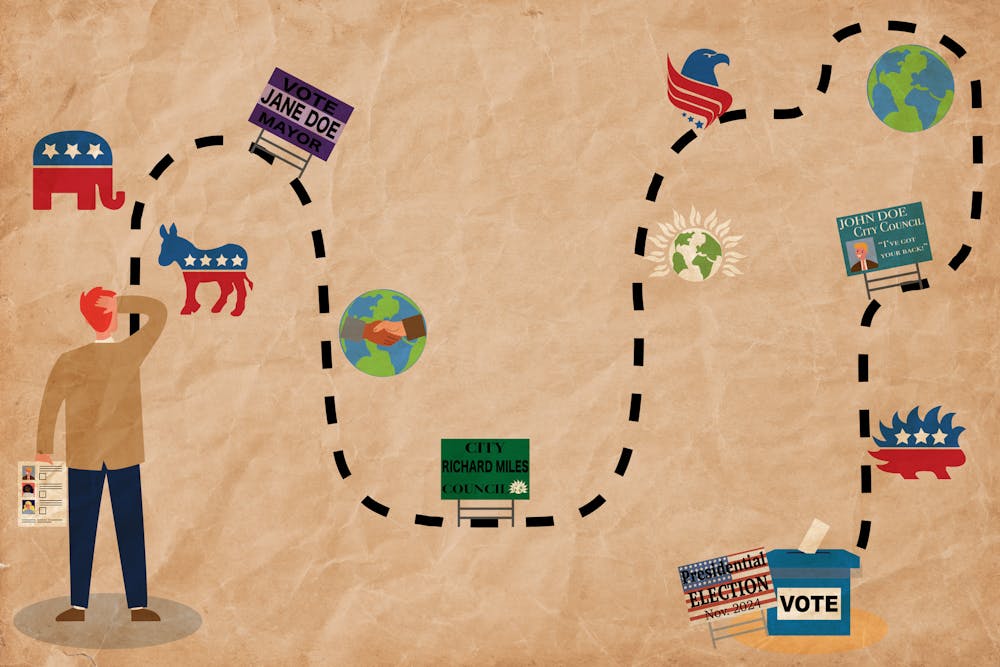You are a bad person. At least a little bit.
It is definitely (morally) not okay, but it's understandable. I am also a bad person. For example, I am wearing Nike shoes, despite Nike using forced labor in factory in the past. When I drive, my car burns fossil fuels, contributing to our eventual extinction. I am even typing this out on a laptop that almost certainly uses child-mined cobalt, as does my phone.
Making modern electronic batteries requires cobalt, and to function in today's society, you need a phone. Unfortunately, much of the world's cobalt supply is mined by child and forced labor in the Democratic Republic of the Congo.
So-called artisanal mining produces nearly 13% of the world's cobalt supply, and because of how the industry works, there are almost no Congolese cobalt mines that aren’t at least partially artisanal. This is why even Fairphone, a company that produces “ethical” smartphones, recognizes that their cobalt isn’t child- or forced labor-free.
It’s hard to say if I’m the one at fault for any of this. Many of these issues are products of the capitalist system. Dealing with this ethical quandary gives a few options:
- Say it is all the system's fault; there is no ethical consumption under capitalism, and we are all morally blameless for everything. It’s revolution or bust, and the revolution will be fought with a SHEIN bag in one hand and Starbucks in the other!
- You are the system. It’s your fault. Retreat into asceticism and scavenge your food from the forest floor while apologizing to the trees for existing in their space.
I don’t like either of these. There's truth in the idea that it’s the system's fault, but it’s also important to recognize that the system exists because of individuals making choices. Do you drive to campus because you really have no other option or because you’d rather drive than take the bus or walk? Is it ExxonMobil's fault you’re making that choice?
The question left is clear: How do we reconcile personal moral responsibility with the reality of the unethical systems we need to engage with?
I’ve got a theory; if you want the philosophical basis, I’m pulling from Rawls' theory of reflective equilibrium, so read "A Theory of Justice."




